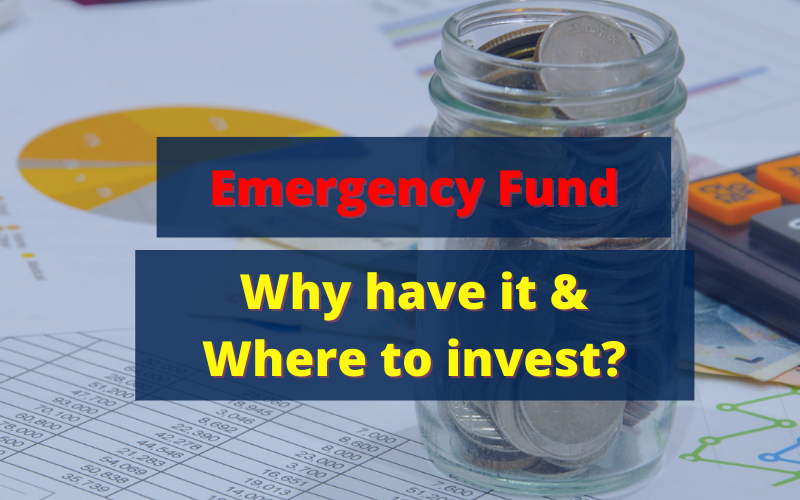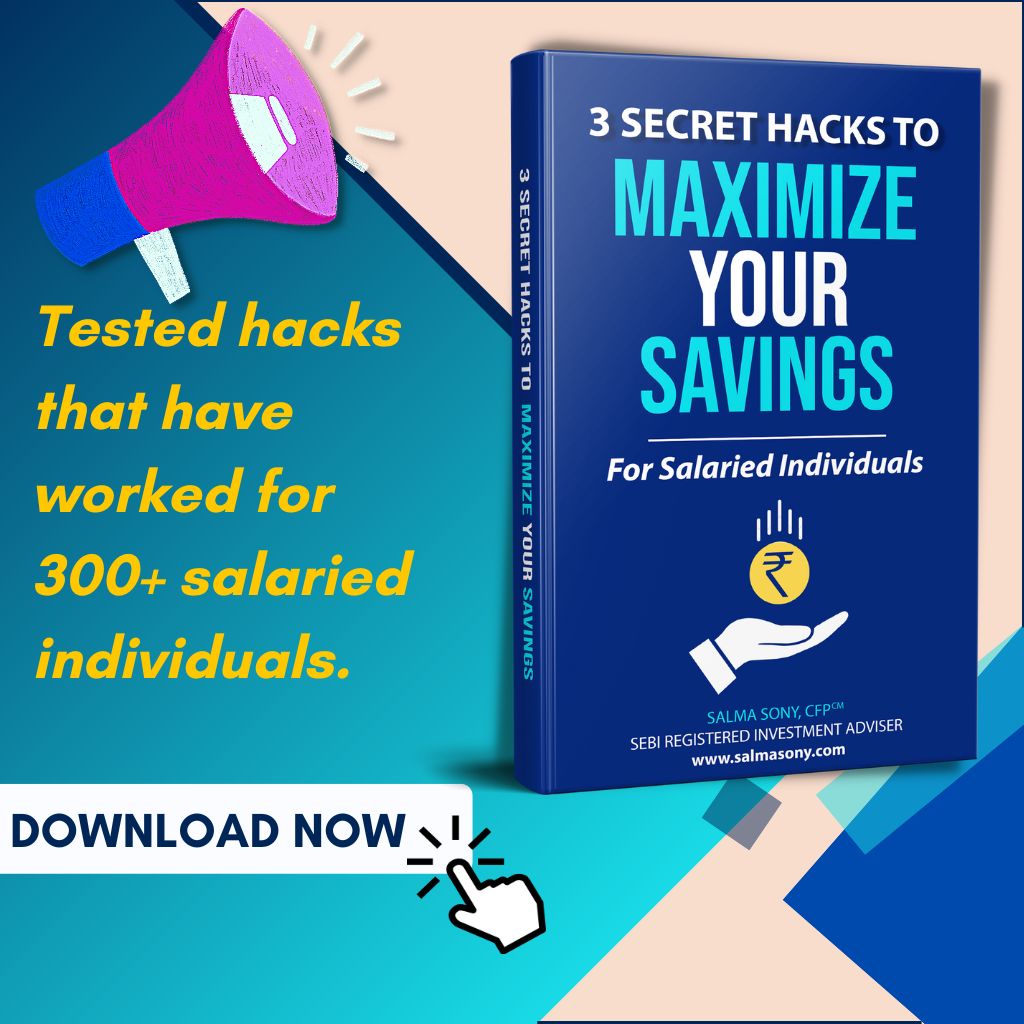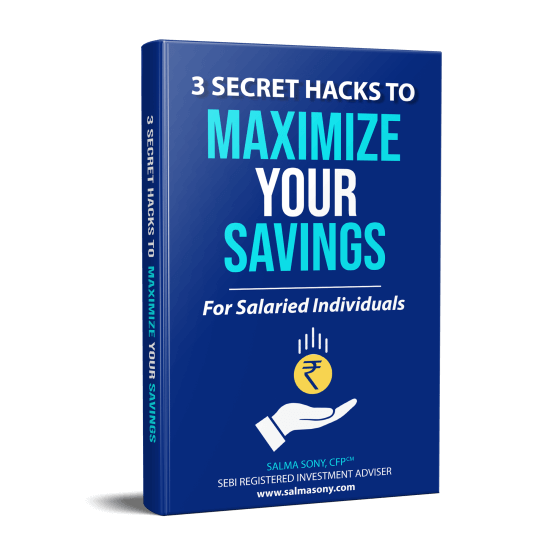
Do you know creating a contingency corpus is one of the basic needs of your personal finance?
As a human, it is our tendency to prepare ourselves for future needs with an assumption in our subconscious that things will move smoothly. Unfortunately, we miss preparing for bad times and that’s where the importance of contingency corpus comes into the picture, a backup plan for any financial uncertainty.
Taking an example of the present pandemic COVID-19, made us learn the hard way, the importance of contingency corpus. All of us are very well aware of the job loss happening around the world, today it’s the COVID-19 pandemic, and tomorrow it could be something else.
I am sure, everyone is not facing the job loss issue but many are facing pay cuts and they have prepared themselves mentally for this with an assumption that at least their job is safe.
But the bigger question is are you really prepared to take up this pay cut or job loss challenge? I suggest asking this question to yourself- by listing down all your monthly fixed expenses like rent, EMIs, household expenses, child’s education expense, expected insurance premium due in the next 6 months, and so on. The other side lists down your post-tax income and if your income minus expenses come to negative / close to NIL savings then you need to immediately work on it. It’s never late, acting on it today is always better than tomorrow.
How big should be your corpus?
As a thumb rule- it should be a minimum of 3–6 months of your expenses and for people who run a business, I would suggest creating a 1-year contingency corpus.
Where should you park?
A very important aspect you need to consider while you create your contingency corpus is liquidity or easy access. Do not give much importance to the rate of return, as that’s not the objective of this corpus. However, I normally suggest parking it in 2 baskets — Liquid fund and Arbitrage fund.
I Hope, this information was valuable to you.






